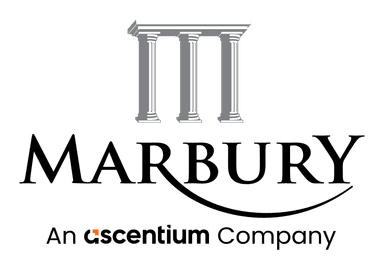Back
HK: New Client Due Diligence and Licensing Regime for Providers
23 February 2018
Hong Kong
The Hong Kong government has now introduced amended legislation that regulates the provision of, until now, unregulated company services by accounting professionals, estate agents, legal professionals and trust and company service providers (TCSPs). The move is consistent with the government’s commitment to adopt common reporting standards (CRS), institute a register for persons with significant control (see at the end of this release) and generally to the extension of enhanced client due diligence (CDD) and record-keeping regarding private Hong Kong companies.
As a part of the international financial services industry, Marbury has operated in compliance with the stringent enforcement of numerous regulatory and licensing regimes around the world for many years and thus we are well placed to ensure that our clients will be fully compliant with the new Hong Kong laws and regulations.
AML Ordinance
From 1 March 2018, Marbury (and all other TCSPs) will be subject to the same enhanced CDD and record-keeping obligations as financial institutions under the Hong Kong Anti-Money Laundering and Counter-Terrorist Financing (Financial Institutions) (Amendment) Ordinance (the AML Ordinance).
In order to bring Hong Kong’s anti-money laundering (AML) standards in line with the international requirements set by the Financial Action Task Force (FATF), the AML Ordinance introduces a licensing regime for TCSPs.
Statutory CDD Requirements
Once licensed, TCSPs will be subject to a statutory requirement to carry out the following CDD before establishing a business relationship with a client or before carrying out occasional transactions involving HKD120,000 (~USD15,000) or more:
- identify a client or any person purporting to act on its behalf
- verify a client’s identity using documents, data or information from a reliable, independent source
- identify a beneficial owner where there is one and take reasonable steps to verify the identity of the beneficial owner
- understand the ownership and control structure of those clients who are legal persons or trusts, etc
- obtain information about the purpose and intended nature of the business relationship.
TCSPs are expected to monitor ongoing business relationships and to maintain records (documents, data and information) obtained in connection with the transaction for a period of five years.
Marbury’s position
Given the trend towards regulation and harmonisation of CDD requirements globally and the consequences of failing to comply with FATF and OECD requirements, Marbury considers the new regulation to be positive and largely in line with our standard operation and current policies for all clients regardless of the location of the company.
We will continue to uphold these standards of practice so that our clients can focus on their business.
Important Note on Registers of Significant Control
Alongside the CDD and record-keeping the government has also introduced a requirement that Hong Kong companies keep a register of persons which have significant control over a Hong Kong company (RSC). RSCs will be accessible by law enforcement officers and the penalties for not keeping an RSC are not insubstantial. The timeline for the adoption of RSCs is tight and we recommend you read our release New Requirement – Register of Significant Controllers on this topic. We will be contacting clients shortly.


